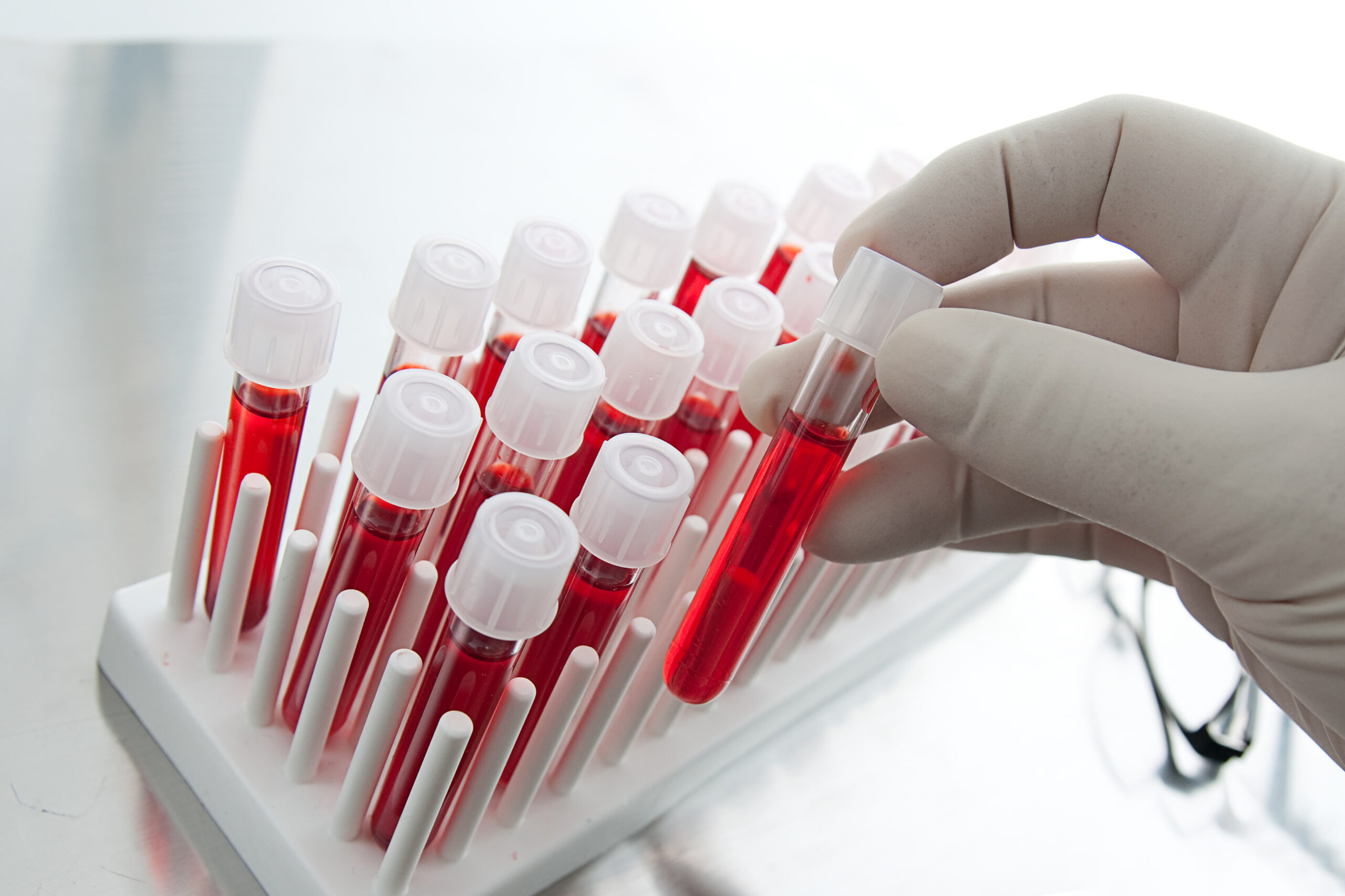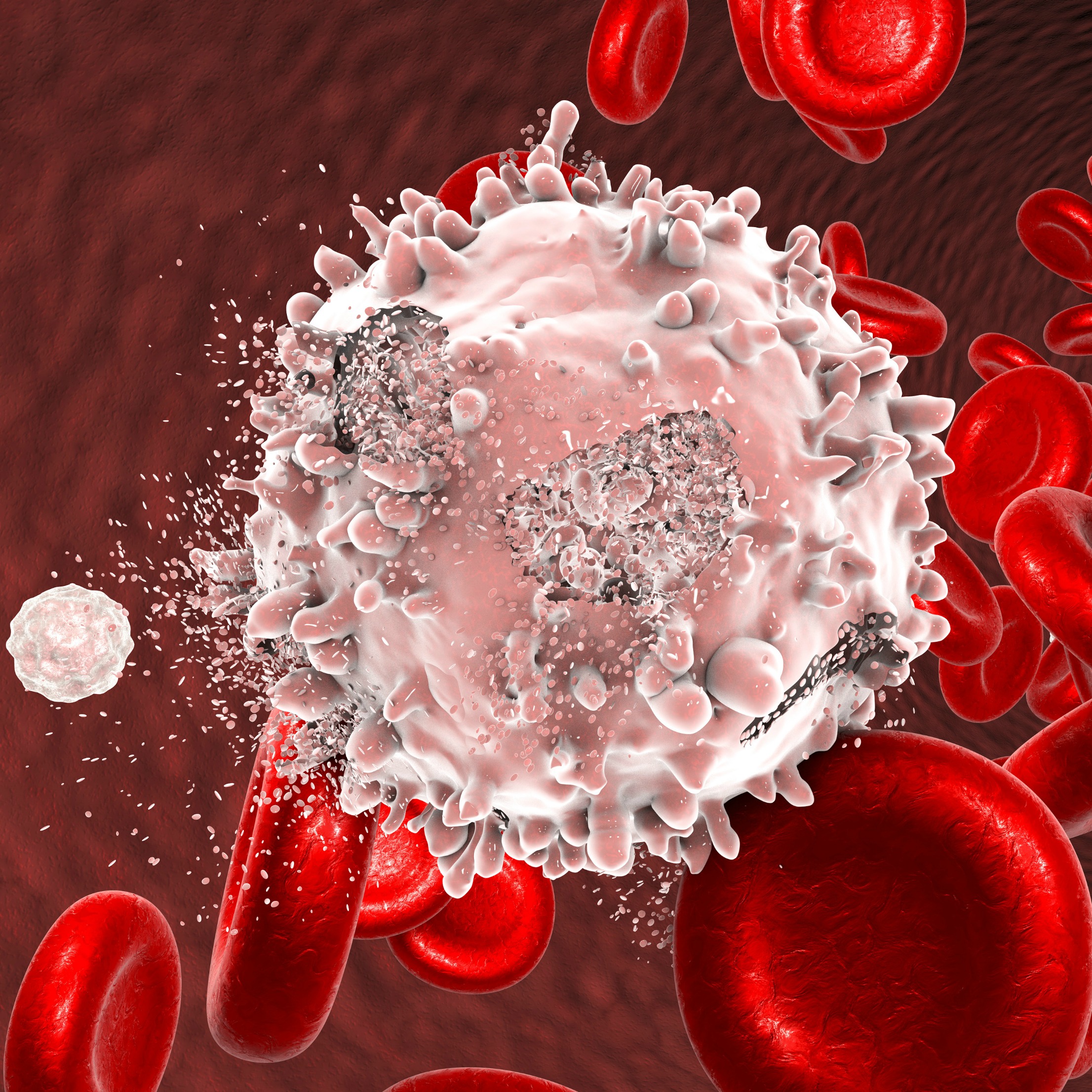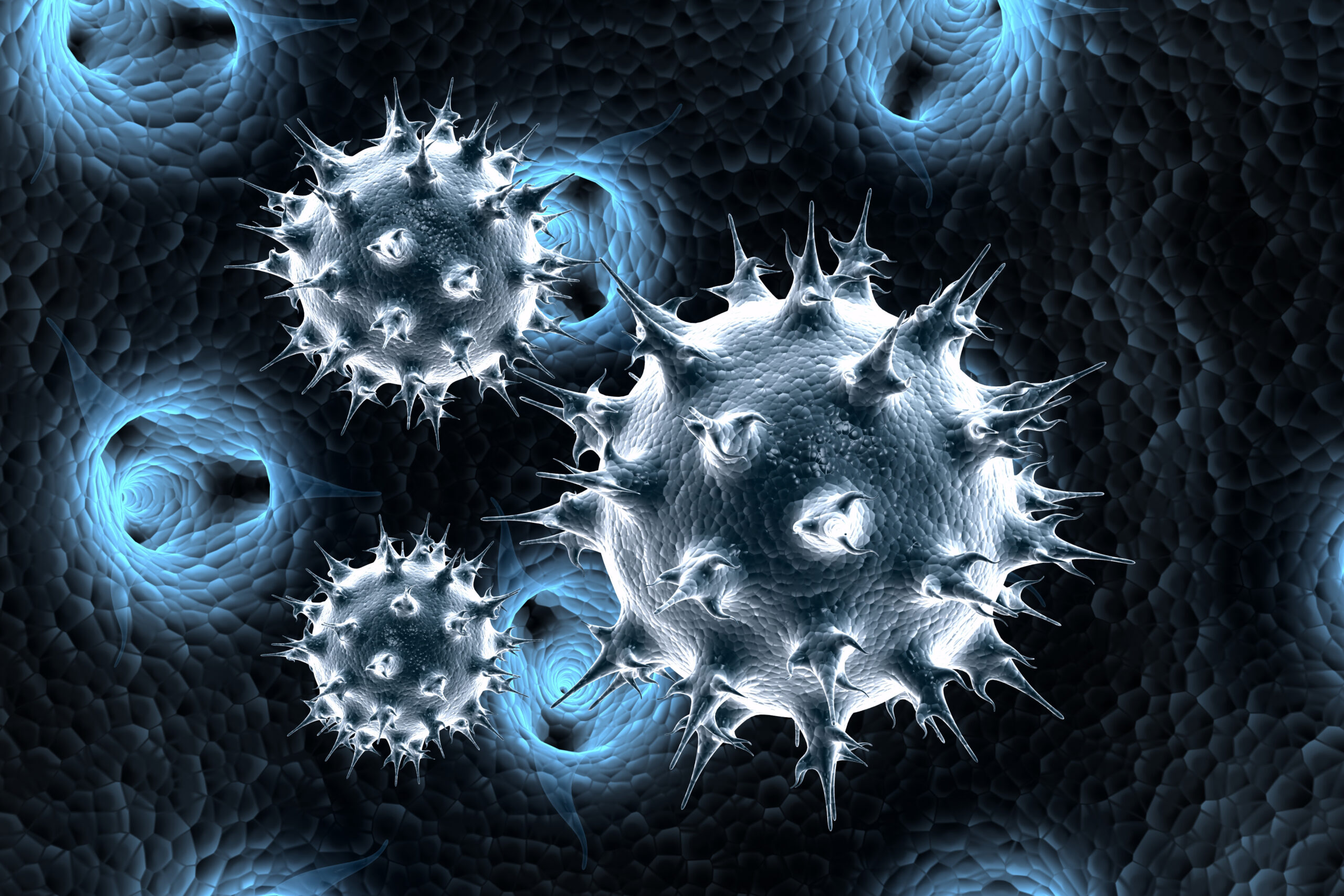Researchers improve blood tests' ability to detect and monitor cancer
Tumors constantly shed DNA from dying cells, which briefly circulates in the patient’s bloodstream before it is quickly broken down. Many companies have created blood tests that can pick out this tumor DNA, potentially helping doctors diagnose or monitor cancer or choose a treatment. The amount of tumor DNA circulating at any given time, however, …










